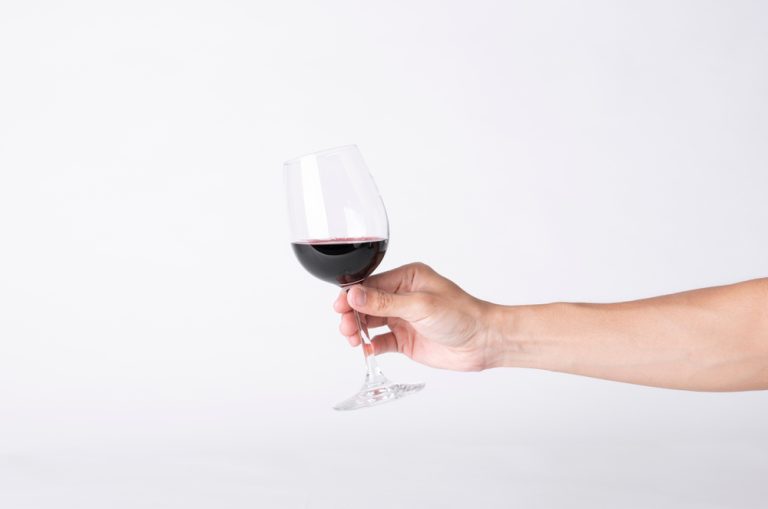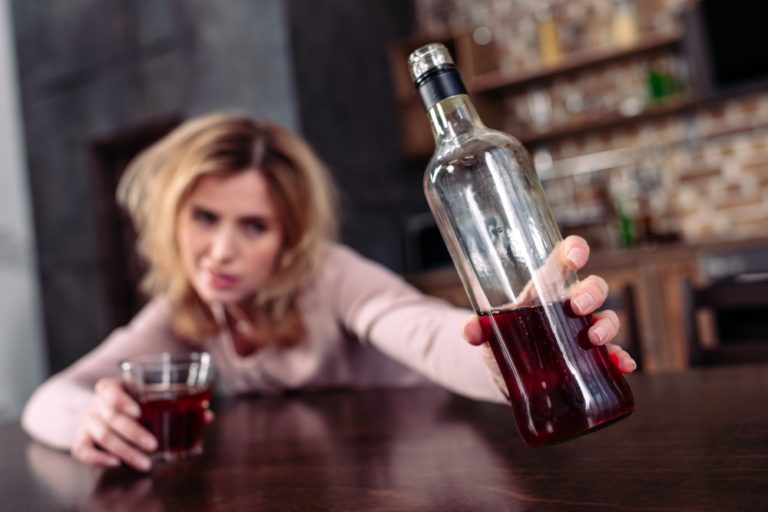Alcohol tapering, the gradual reduction of alcohol intake, presents several challenges, each requiring strategic solutions to ensure a safe and successful journey towards sobriety. I’ve also heard of people successfully stopping by reducing their moderate drinking (8-10 a day) to 5-6 a day for a couple days, and then quitting entirely. Although I didn’t experience any seizures, I certainly wouldn’t recommend it. The chance of experiencing severe withdrawal symptoms increases if you’ve had them before, or if you’re older. Are you tapering because you physically depend on alcohol, or are you tapering because you want an excuse to drink longer? If you taper when you don’t really need to, you might be subconsciously giving yourself an excuse to continue http://teamofthebest.ru/how-growing-up-with-alcohol-parents-can-affect/ drinking, which will lead you back to your baseline high drinking levels.
- Before you start your detox, ensure you have enough alcohol on hand to last you a few days.
- Usually, alcohol withdrawal symptoms occur within 12–24 hours after stopping alcohol and can last 2–10 days.
- Although with this method, it is important that the friend or family member is accessible when symptoms of withdrawals such as tremors return.
- They can monitor your intake and adjust it accordingly to reduce the risk of withdrawal symptoms.
Overview of Alcohol Dependence and Its Consequences

In medical detox, you receive around-the-clock care from doctors and nurses to help prevent and treat alcohol withdrawal symptoms and their complications. This can set you up for a safe and effective detox and put you in a good position to continue your recovery in rehab. An alcohol taper can be effective in beginning recovery and help set a realistic goal for those http://www.54e.ru/desk/beauty-health/cosmetics/cosmetics_69849.html not ready to quit alcohol completely, but they’re not for everyone. Someone who has been drinking heavily for a long period may struggle with cravings and alcohol withdrawal symptoms, leading to relapse.
Tapering vs Cold Turkey

If you are already at risk of heart attacks or strokes because of conditions such as obesity or preexisting high blood pressure, monitor your blood pressure carefully. Stopping alcohol can be rewarding, but it’s not without challenges. You may face social pressure, ingrained habits, and emotional reliance on alcohol. Moreover, physical withdrawal can be challenging, and there’s also a phenomenon called the kindling effect to consider. Start by estimating how much you drink on a daily basis—and be honest with yourself. It can help to make use of standard drink measurements, as mentioned above.

Your Guide to Tapering Off Alcohol
- Because he is a member of a support group that stresses the importance of anonymity at the public level, he does not use his photograph or his real name on this website.
- Tapering off alcohol is a method of reducing your alcohol intake gradually.
- Alcohol treatment uses various methods to help with withdrawal and addiction.
- However, doing so without the guidance of a physician, can complicate tapering and ultimately delay when, if ever, sobriety is reached.
- Understanding the severity of alcohol withdrawal underscores the importance of seeking professional help and support when trying to wean off alcohol.
- Detoxing from alcohol can be dangerous if you don’t do it properly.
No matter where you are in your recovery journey, our team will be there every step of the way. Whether you’re a daily imbiber, heavy drinker, or frequent binge drinker, you’re likely to experience withdrawal symptoms when you quit. Unfortunately, there’s little to no evidence that tapering off reduces the effects of alcohol withdrawal, some of which can be severe or even life-threatening. Quitting with proper medical supervision may be more important than whether you stop gradually or all at once.
- In turn, you can suffer from increasingly severe withdrawal symptoms every time you try to stop drinking.
- Ria Health offers access to many of these tools, including prescription medications, recovery coaching, and online support groups—all through a HIPAA-compliant smartphone app.
- These medications are prescribed and managed by healthcare providers.
- This is why it’s always best to find some form of long-term support in sobriety.
- Find an accountability partner or someone you can call to keep you on track when you want to drink.
Alcohol vs. Drugs: Breaking Down the Debate on Alcohols Classification

Both methods allow the body to adjust gradually and reduce overall alcohol intake. These strategies should be implemented according to an individual’s specific needs and drinking https://www.ndrugs.com/?s=recovery%20food habits, under the guidance of a healthcare professional or addiction specialist. When done under medical supervision, tapering off alcohol has few downsides. However, tapering can sometimes be unsafe if you attempt to do so on your own without a doctor’s knowledge. For example, if you start to suffer from alcohol withdrawal symptoms despite an attempt to taper, your symptoms may worsen before you have the chance to seek medical attention.
